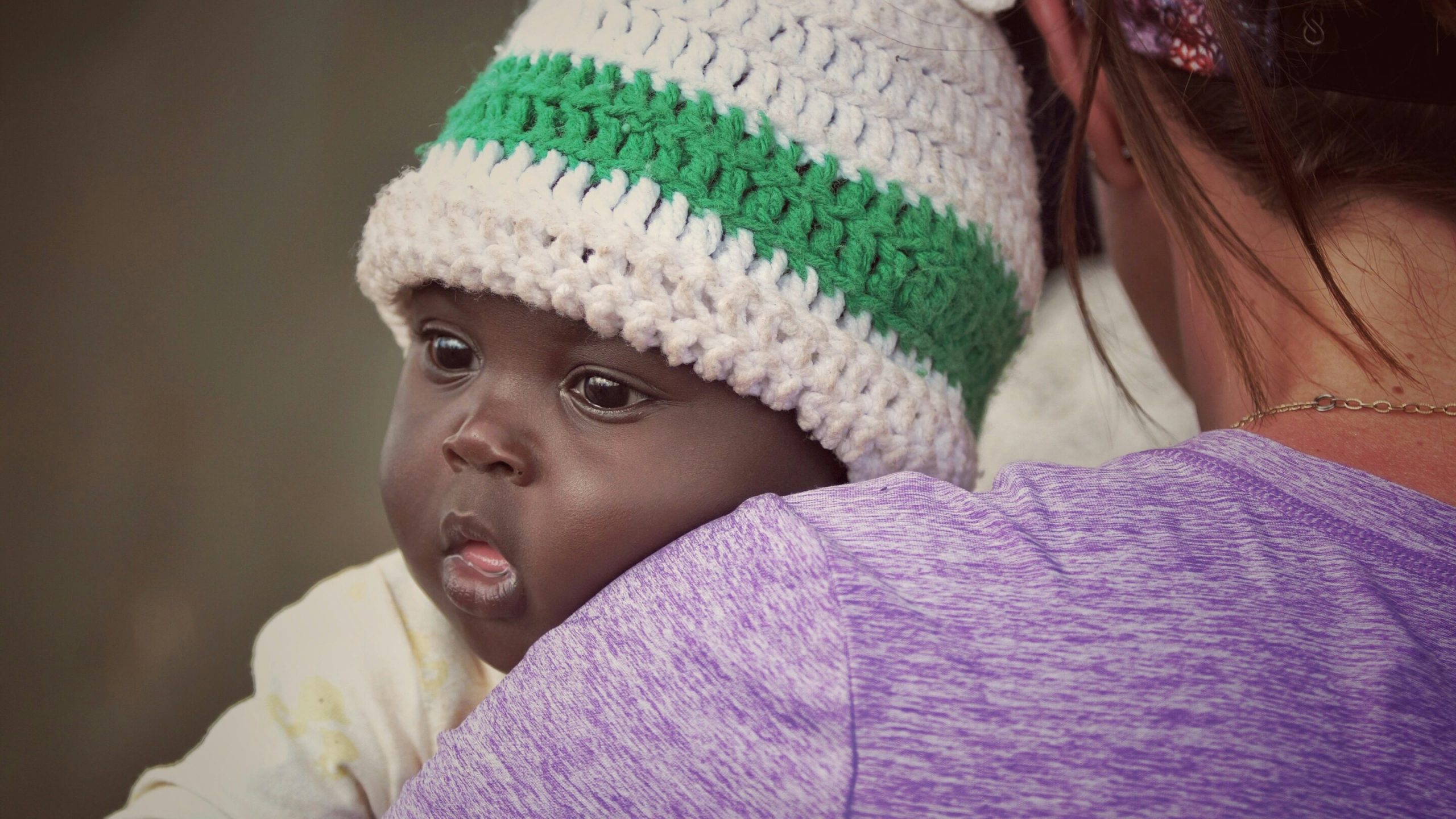
Exposure to high levels of heat may both impact the growth of fetuses during pregnancy and infants up to the age of 2, a new analysis suggests.
The study is the first of its kind to show that heat stress may impact the development of babies after they’re born and adds to previous research by the team showing the impact of heat stress on fetal development. The findings are published in The Lancet Planetary Health.
The research, which examined data from infants and their mothers collected during a clinical trial in The Gambia, found a small decrease in birth weight for gestational age for every 1°C increase in average daily heat stress during the first trimester.
No effect on growth was observed for heat stress experienced during the second trimester. The research suggested there could be an increase in head circumference compared to the body for gestational age in fetuses exposed to heat stress during the third trimester, but this was less confident.
The findings also show that infants up to the age of 2 exposed to high heat in their environment may have lower weights and heights for their age. The largest decreases were seen in infants aged between 6–18 months who had experienced higher average daily levels of heat stress in the previous three-month period.
At 12 months old, infants exposed to an average heat stress value equivalent to 30°C were more likely to have a reduced weight for their height and age, compared to those who experienced heat stress equivalent to 25°C.
The results were found in both male and female infants.
The team, led by researchers at the Medical Research Council Unit The Gambia (MRCG) at the London School of Hygiene & Tropical Medicine (LSHTM), say that the impacts of heat exposure must urgently be considered in public health interventions to reduce the impact of climate change to pregnant women and their children.
The data was originally collected through the Early Nutrition and Immunity Development (ENID) randomized controlled trial conducted in West Kiang, the Gambia, between January 2010 and February 2015. A total of 668 infants were followed across their first 1,000 days of life, made up of 329 (49%) female and 339 (51%) male infants.
The trial analyzed the relationship between heat stress and fetal growth based on clinically-recognized scores for weight, length and head circumference for gestational age. It also evaluated the effect of heat stress on infant growth based on weight and height scores from 0–2 years of age.
At birth, 66 (10%) infants weighed less than 2.5 kg, described as a low birthweight, 218 (33%) were small for gestational age and nine (1%) were born prematurely.
Heat strain occurs when our body’s way of controlling its internal temperature is compromised by external factors such as weather or physical activity. In the study, heat stress was defined using the Universal Thermal Climate Index, which considers factors including heat, humidity, wind speed, and solar radiation, and assigns an equivalent temperature (°C) with an associated risk of developing heat strain.
Over the course of the study, the average heat stress exposure level was 29.6°C. The highest daily maximum was 45.7°C and the highest daily minimum was 28.9°C.
Dr. Ana Bonell, Assistant Professor based at MRCG and lead author of the study, said, “Our study demonstrates that the intersecting crises of climate change, food insecurity, and undernutrition are disproportionately affecting the most vulnerable, including young children.
“These findings build on previous evidence showing that the first trimester is a vulnerable time to heat exposure and it’s important that we now consider which factors may be contributing to the relationship.
“It’s likely that heat stress may impact appetite, food intake and availability, and we’re also already looking into whether there may be direct effects on cellular and inflammatory pathways, adding to the already reduced capacity of pregnant mothers and infants to regulate their own body temperature.
“We need to explore which populations are projected to experience heat stress the most and where growth faltering may be being recorded, to enable us to develop effective public health measures.
“With global rates of child wasting remaining unacceptably high and ongoing planetary warming, these findings must spur action on improving child health.”
The researchers say that further research is needed to assess the relationship between heat stress and health impacts in regions beyond The Gambia. The available data did not contain information on dietary practices, maternal infections, or socioeconomic status, which may also impact fetal and infant growth.
More information:
Effect of heat stress in the first 1000 days of life on fetal and infant growth: a secondary analysis of the ENID randomised controlled trial, The Lancet Planetary Health (2024). www.thelancet.com/journals/lan … (24)00208-0/fulltext
Citation:
Heat stress impacts infant growth rates up to age of 2, new analysis suggests (2024, October 8)
retrieved 8 October 2024
from https://medicalxpress.com/news/2024-10-stress-impacts-infant-growth-age.html
This document is subject to copyright. Apart from any fair dealing for the purpose of private study or research, no
part may be reproduced without the written permission. The content is provided for information purposes only.

